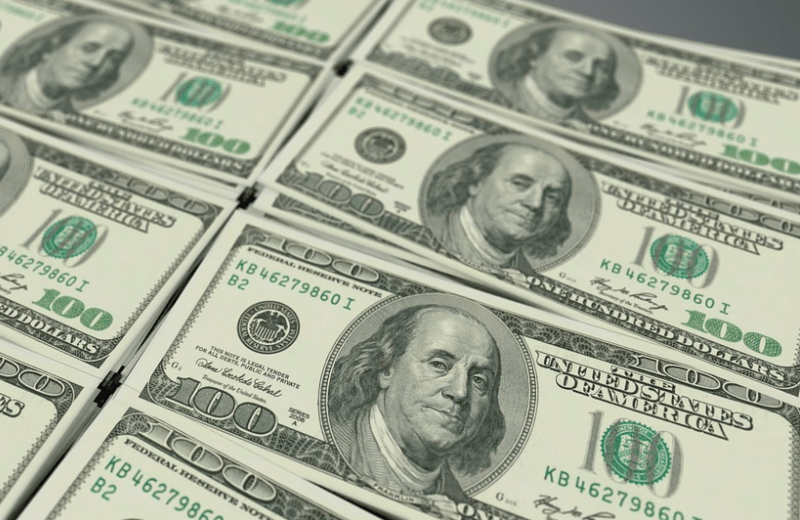What would a trade war mean for currencies?

Whatever you think of Donald Trump and his policies, you certainly couldn’t claim that things have been quiet since he was elected. His threat to impose tariffs on key imports to the US has caused major moves in the world currency markets.
In this article we’ll take a look at what the short-term impact of these changes have been. We will also consider what could happen over the coming months if a true trade war breaks out between major world economies.
The Immediate Impact
Any threat to the North American Free Trade Area (NAFTA) will put the Canadian Dollar and Mexico Peso under significant strain.
The Canadian Dollar has already fallen more than 15% from the levels it was enjoying against the British pound and Euro towards the end of last year. Likewise, the Mexican Peso has weakened since news of the potential tariffs first broke.
If other major trading players such as the European Union or China decide to implement retaliatory tariffs, then the entire global economy could be put under significant pressure. It is difficult to forecast what the results could be for individual world currencies. It is likely however, that this would make the trading environment much more volatile for many months to come.
This does mean there would be plenty of opportunities for traders who are prepared to move quickly and take risks. At the same time, it may also cause investors looking for more stable long-term investments to move out of currencies altogether, at least in the short-term.
USDCAD Live Chart
The Wider Impact
Any significant trade war could lead to a significant slowdown in world GDP. Over the last year or so, most developed economies have experienced significant increases in GDP growth. These gains could disappear very quickly if tit for tat sanctions become the norm over the next few years.
The recent moves in Donald Trump’s team of economic advisers suggest that pro-tariff advisers are gaining the upper hand in the administration. This means that the world economy could well be in for a bumpy ride over the next few months.
These changes could represent a great opportunity for currency traders but may also require investors to review and change their strategy more regularly.